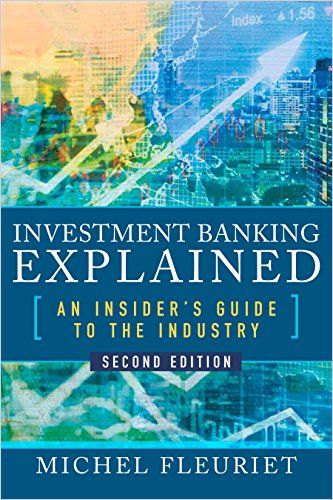Make Me Rich!
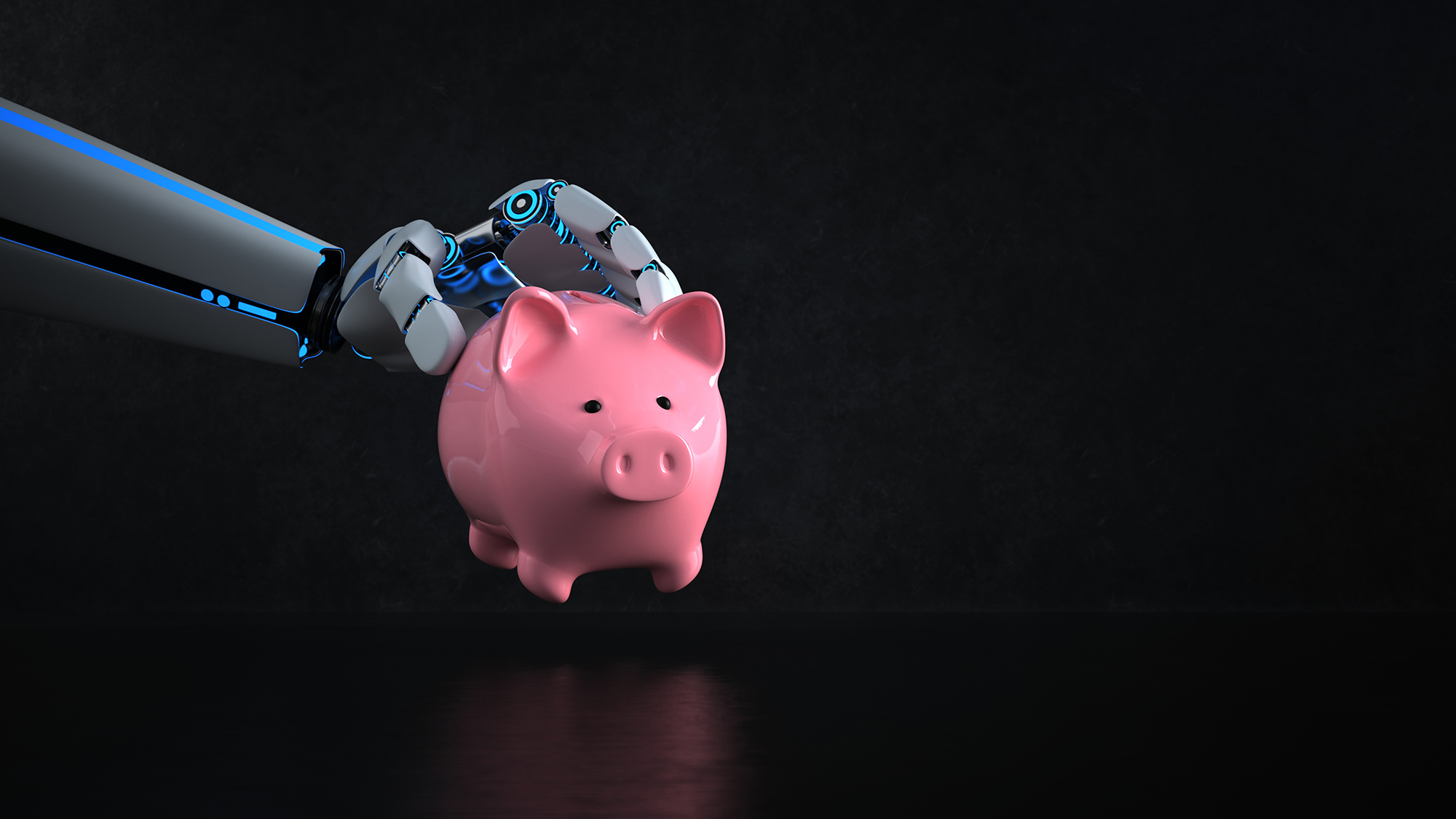
The jury’s been out for a while: It’s really hard for a human – even one who went to an impressive school, dons expensive attire and works for a prestigious financial institution – to beat the market. That’s why investing legend Warren Buffet is not entrusting anyone with managing his estate after he’s gone. The Oracle of Omaha has famously instructed the trustee of his will to invest 90% of his wealth in a low-cost S&P 500 index fund.
Since beating the market is so hard, you may as well join it!
But there are always those who want more. Active portfolio managers often work 60-hour weeks or more seeking to generate alpha in diversified portfolios. Their track record, however, is poor. Over the last 15 years, almost 92% of large-cap funds have underperformed the S&P 500 benchmark.
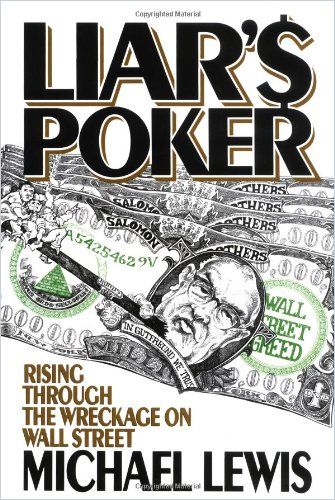
So….do you really want to entrust your retirement savings to a human?
Two things mess with our ability to make optimal investment decisions. First, we all have biases. If we know what they are, we can prevent them from skewing our decisions to some extent, but none of us is completely devoid of them. Second, there is the fact that predicting the future is impossible – although some of us don’t want to believe that to be true. Forecasters are sought-after professionals, though they get it wrong pretty much all of the time.
It’s tough to make predictions, especially about the future.
Yogi Berra
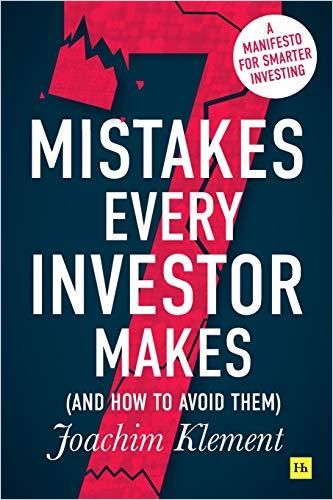
Cognitive and Emotional Biases
Both cognitive and emotional biases cloud human investment decisions. Cognitive biases include gender, racial and local bias – the latter being our preference for favoring companies in close geographic proximity to where we live. Loss aversion bias is another handicap. It refers to our tendency to hold on to losing positions with a small likelihood of recovery while selling winning positions early for fear of losing the profits we have gained.
Also, we are not just thinking, but feeling creatures, so we often form an emotional attachment to certain assets and have a hard time letting go of them when the time comes. And then there’s overconfidence: We think we are really good at gauging winning stocks – though, over the long term, history emphatically teaches us otherwise.
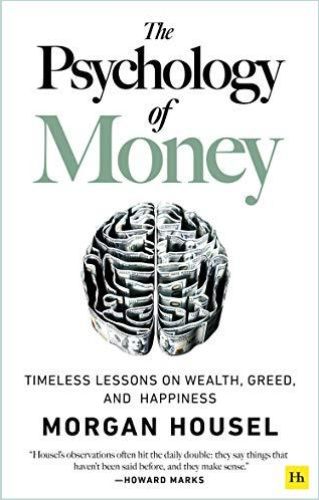
Basing Decisions on the Past
Beating the market is all about making the right predictions. But when it comes to the stock market, getting your predictions right has more to do with luck than mathematical prowess. Just look at the past few years of S&P performance forecasts: They border on the comical.
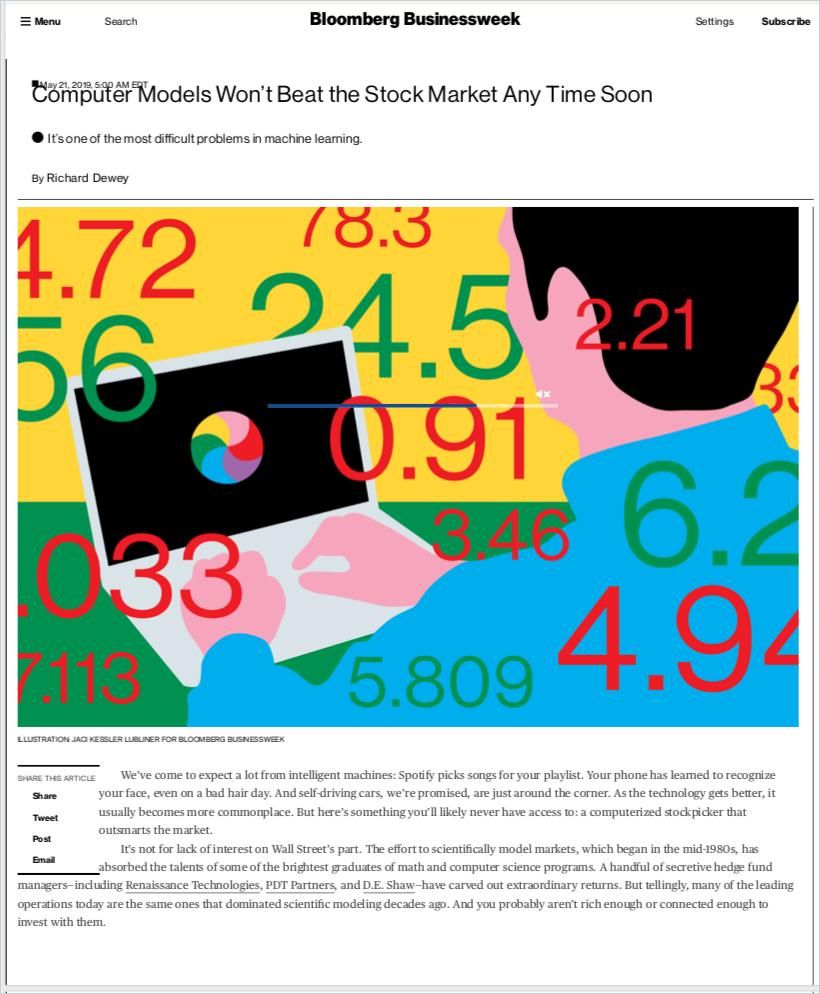
Computer Models Won’t Beat the Stock Market Any Time Soon
Bloomberg BusinessweekAs Nassim Taleb explains in The Black Swan, there are just too many unknown variables out there for us to make meaningful predictions. Plus, history is a poor predictive tool. Taleb’s “turkey problem” wonderfully illustrates this: A turkey who has gotten accustomed to getting fed every morning has no way of expecting that Monday before Thanksgiving will be any different, right?
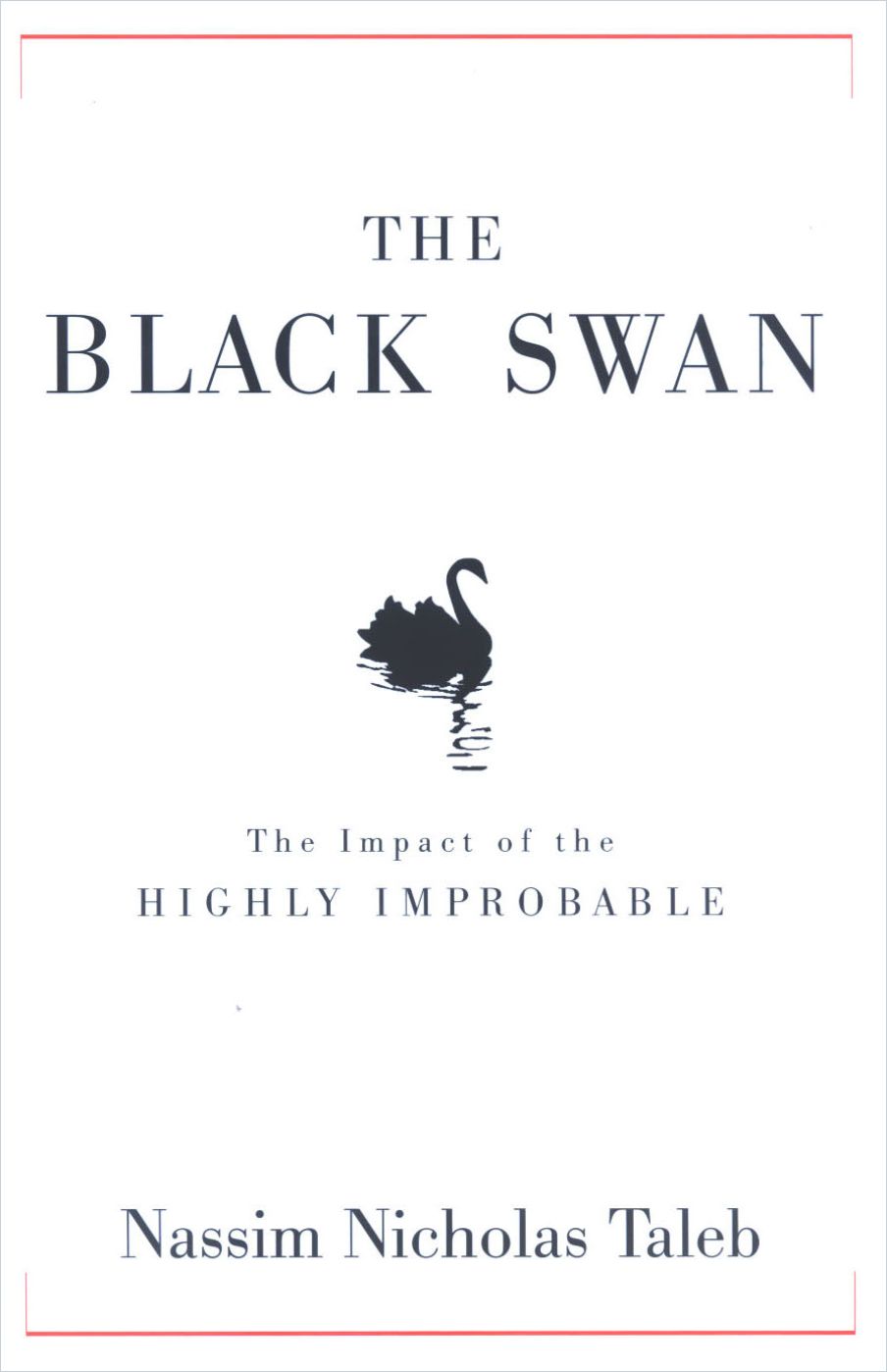
Does AI Know Better?
Machines can process information better, faster and more objectively. Algorithms don’t fall prey to emotional bias, though they may perpetuate cognitive biases if included in the training data. Hiring a robo-adviser comes with additional benefits. They are cheaper than humans – after all, they don’t need to make a good living and won’t charge the kinds of fees a human in a fancy suit would.
Once you’ve instructed a robo-adviser to execute a particular investment strategy, you won’t be able to tell them what to do. And that’s mostly for your own good, knowing how quickly emotions can get the better of us. Robo-advisers can save us from ourselves, so to speak.
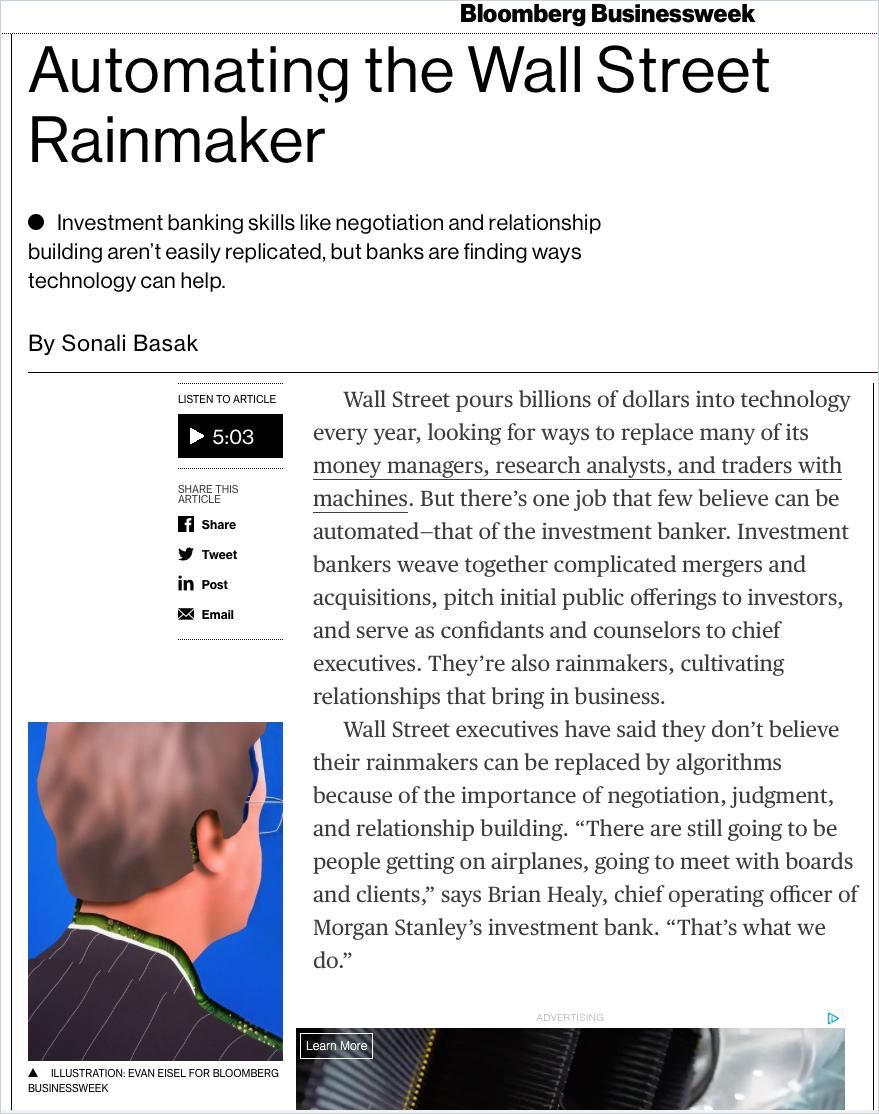
Using machines to crunch the numbers, make value assessments and detect market patterns has become a no-brainer in the financial industry. One view holds that machines will eventually make all human investors look for new employment opportunities. And that’s a good thing, Marcos de Lopez Prado, head of machine learning at AQR Capital Management, told Time magazine. Algorithms that base investment decisions on sound scientific principles will put an end to speculation and stock market bubbles, he contends.
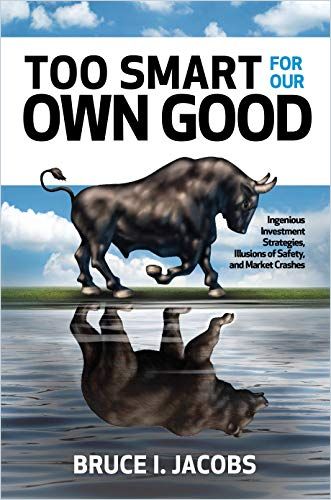
Most stock market transactions today are already performed by algorithms. Yet there is little evidence the stock market has become more rational as a result. Just look at Bitcoin’s rollercoaster ride over the past few years. Humans continue to make most of the “buy” and “sell” decisions. Machines just execute them.
Granted, AI trumps human investors when it comes to rational decision-making. But here is the kicker: The market itself is not rational. The stock market does not follow any rules or predefined guidelines. You can’t liken investing to playing chess, a game at which AI has long outsmarted humans.
Markets evolve as people learn. As the world changes, new investment factors come into play.
Star investor Cathie Wood has been making the case that basing investment decisions on conventional definitions of “value” – the type of value AI can easily identify – will lead to disappointing investment outcomes.
The world is undergoing rapid technological transformation, requiring investors to look for value in companies at the forefront of technological change, Wood insists.
Wood argues that algorithms got it all wrong at the start of the COVID-19 pandemic, when they re-allocated funds to “safe” companies with high levels of cash on their balance sheets while sending stocks from companies best positioned to combat the coronavirus into a tailspin.
If you are buying into a vacuum of conventional wisdom… the potential to capitalize is enormous.
Cathie Wood
Algorithms are trained on historical data, so they are by definition backward-looking. Wood thus maintains that algorithms following tried-and-true benchmarks won’t help investors capitalize on innovation.
Wood’s case against letting algorithms invest based on tried-and-true strategies is intriguing – until you look at her portfolio: Wood’s flagship ARK Innovation fund fell 24% in 2021 – losing over a fifth of its value – while the S&P 500 was up 27%. Of course, when it comes to investing, you can’t make a judgment based on one year of performance. So the verdict as to whether humans or algorithms will allow you to retire more comfortably is still out.
Only history will tell – history that will be created by humans! At times, these humans will be greedy and overconfident. At others, they will be fearful and panicky. But there is one thing they will always be: completely unpredictable.

